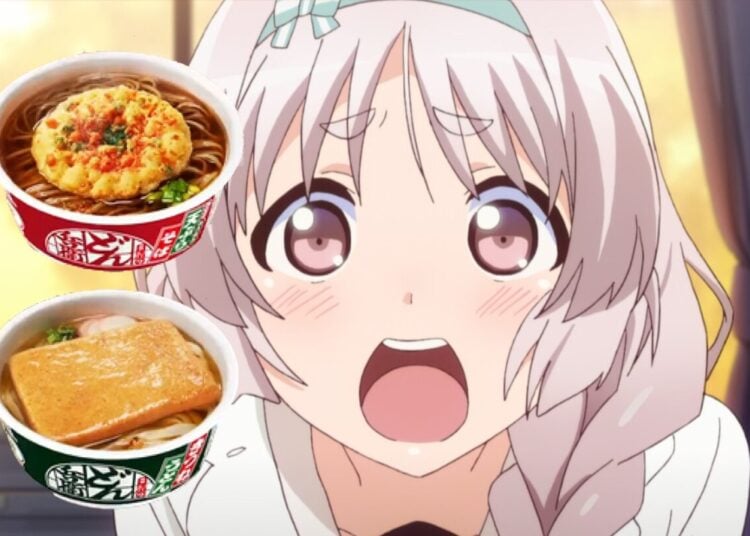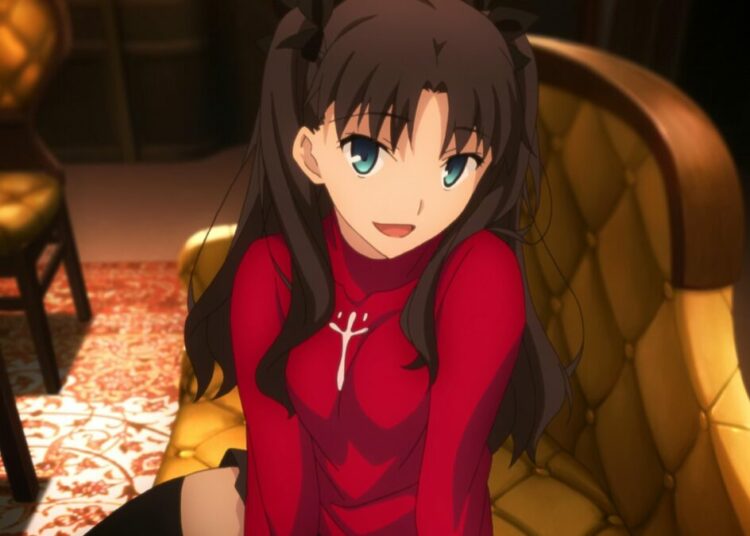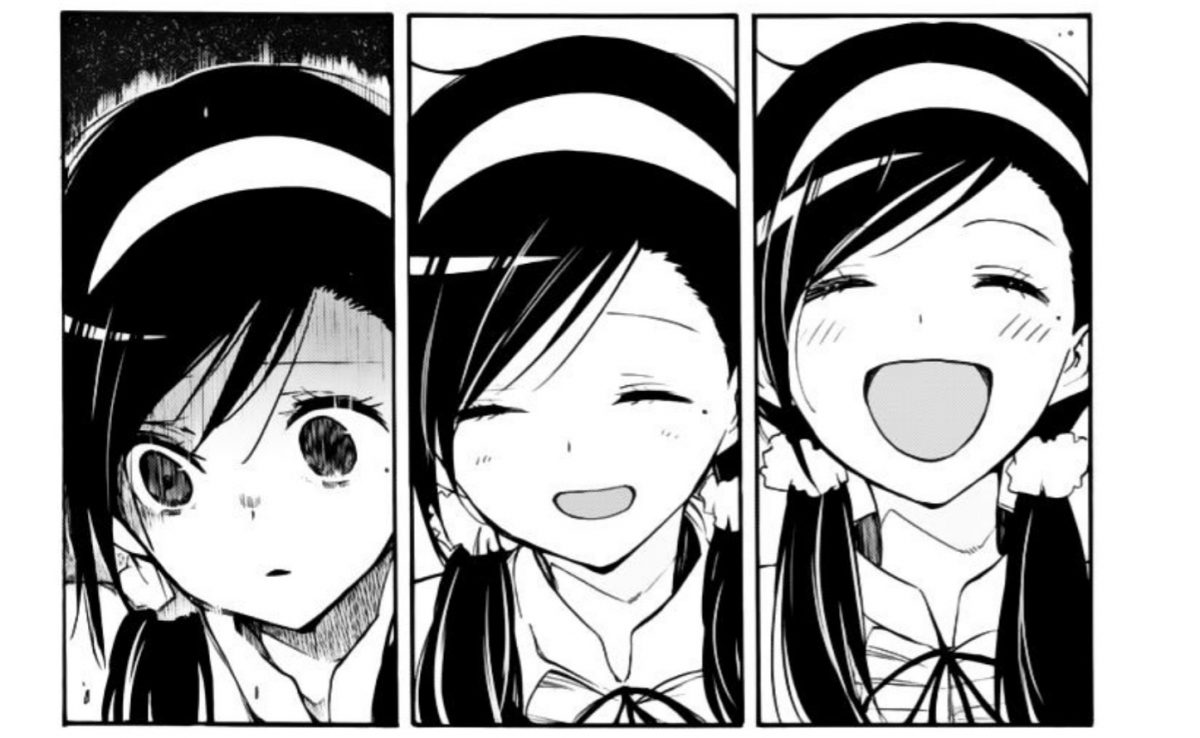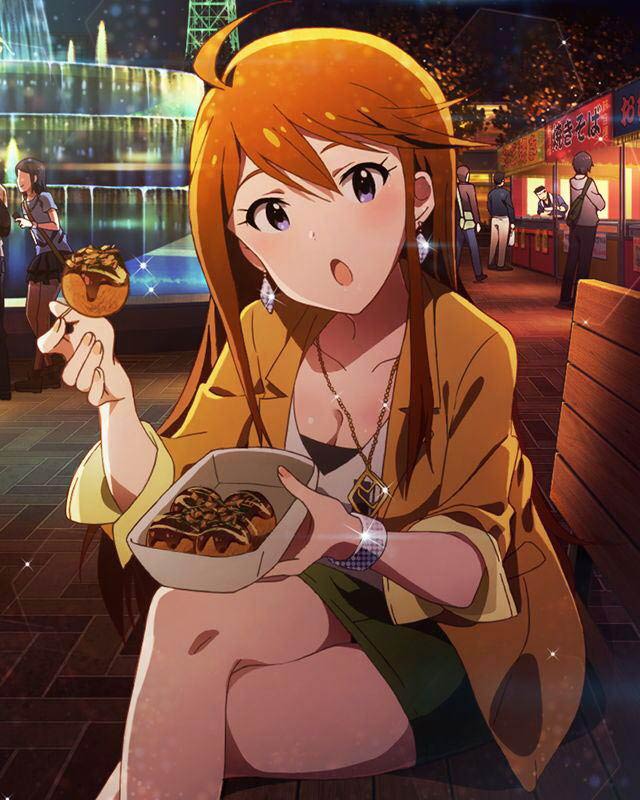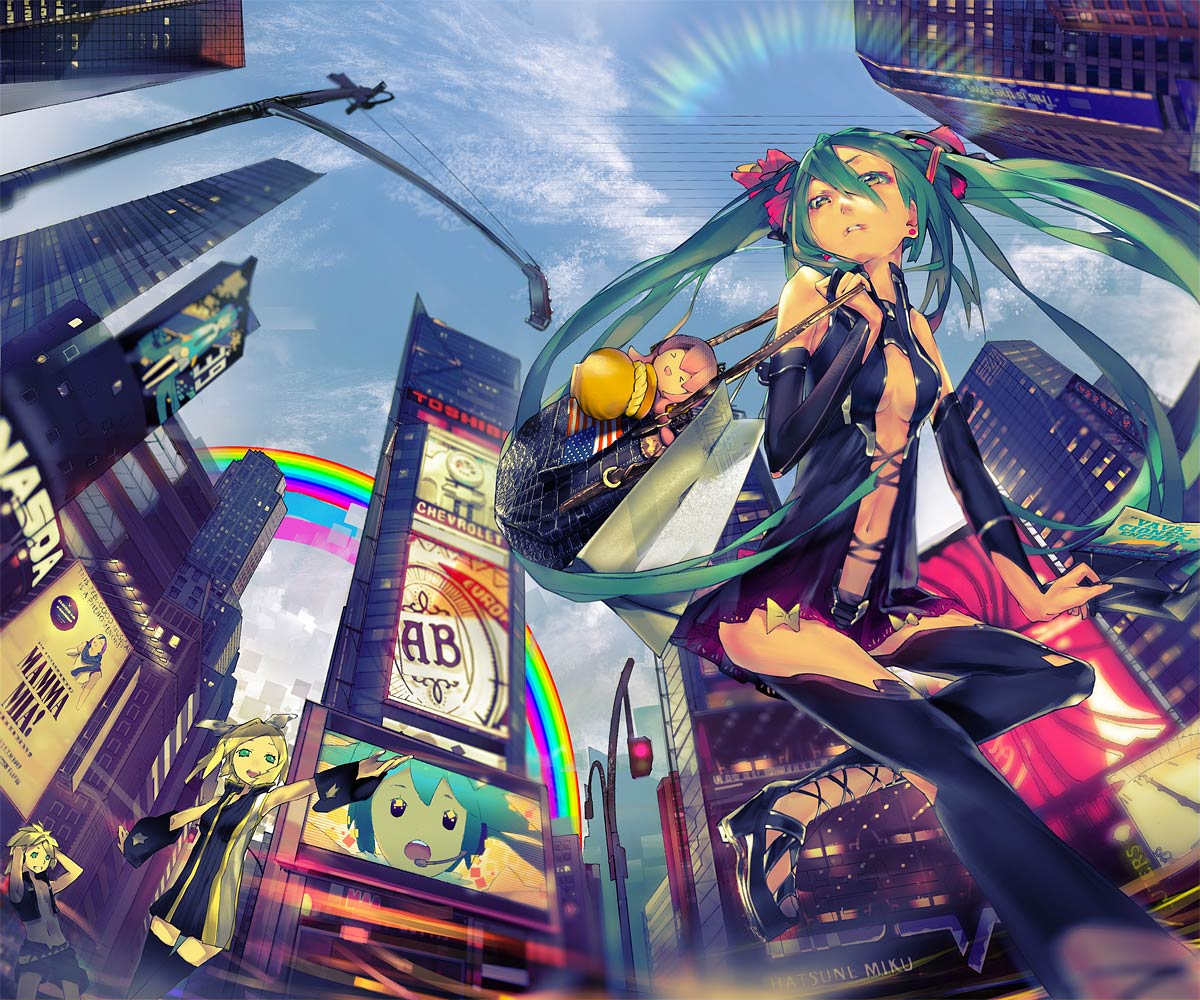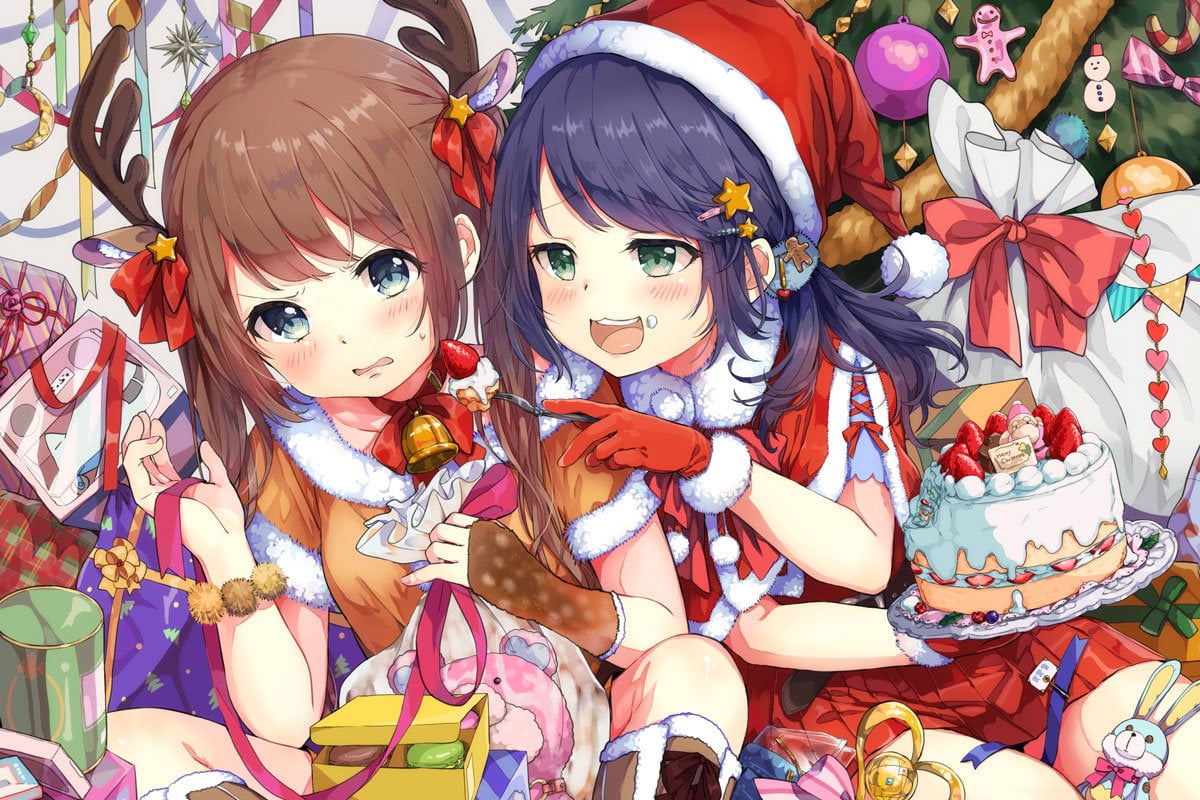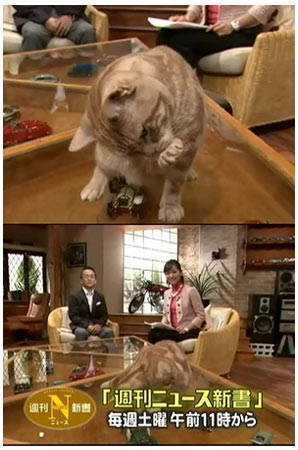We’re right in the middle of Obon (pronounced “oh, bone”), an important four-day Buddhist holiday during which Japanese return to their parents’ homes and hold ceremonies for family members who have died, visiting the family grave to wash it lovingly and leave flowers and make sure the deceased know they haven’t been forgotten. While I don’t know much about Buddhism itself — which incidentally is no different from most Japanese people, who usually don’t take an interest in the subject until later in their lives — I know the Japanese really care about their ancestors, starting with parents and grandparents, since (as my wife has pointed out to me) without them you wouldn’t be here, would you? Obon is a great time for local festivals, and most neighborhoods throw a fun celebration with free food and an open space for doing the traditional dance called bon-odori (pronounced “bone-odor-ey”) while wearing a summer yukata. Obon is similar to Thanksgiving in the U.S. in that many people travel home for the long holiday, and if you get caught in the traffic jams going in or out of Tokyo during the peak travel times, you’ll be there a while.
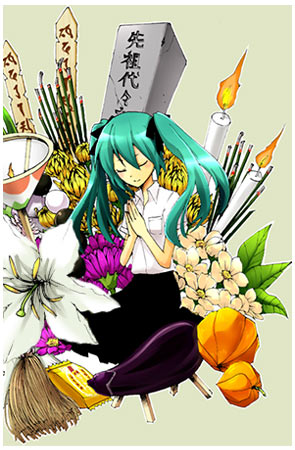
Obon in Japan is an important cultural event.


